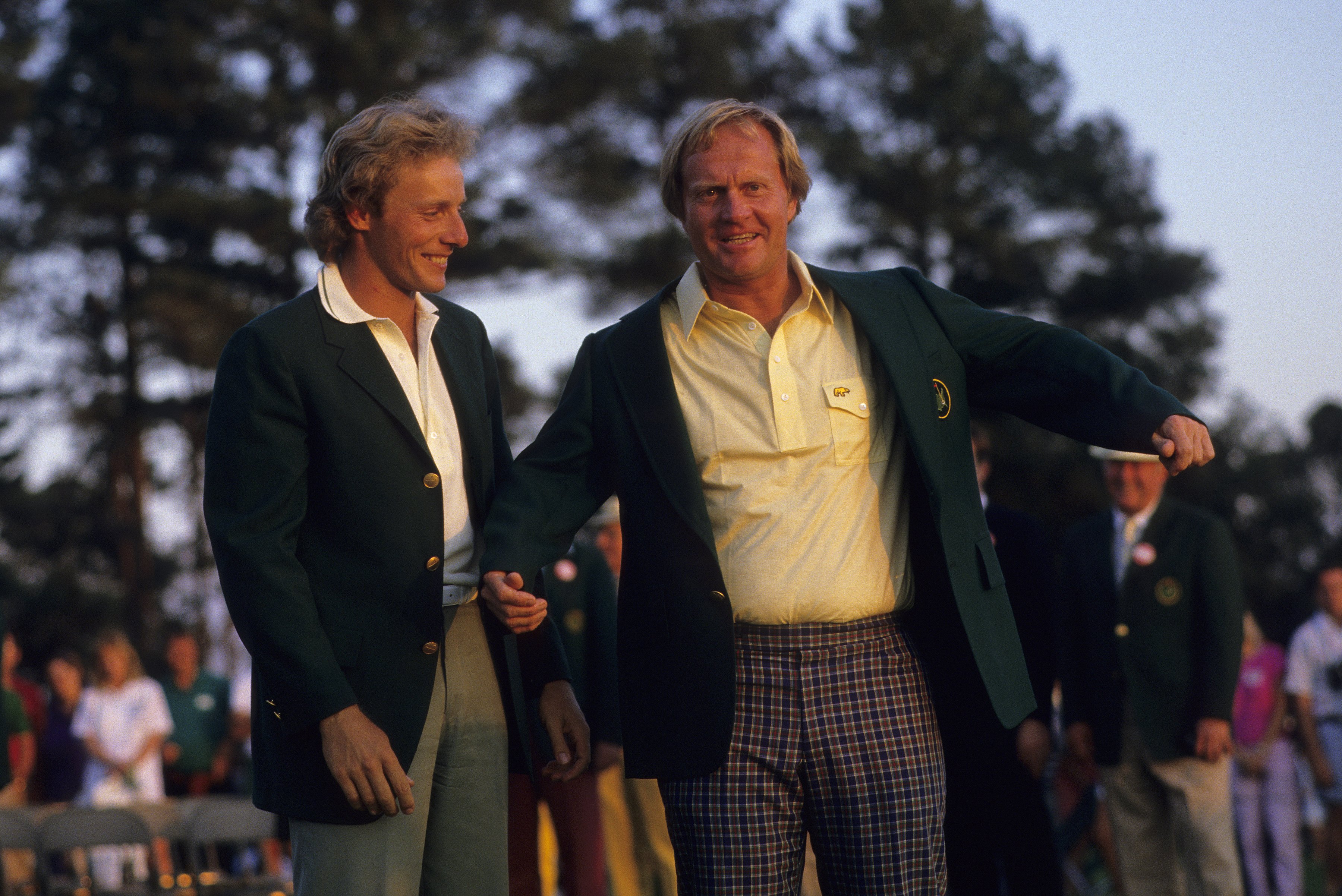
The greatest perk of winning the Masters is the lifetime exemption to future tournaments.
It’s why former Green Jacket winners well into their 60s like Fred Couples, Sandy Lyle and Bernhard Langer have still been competing at Augusta National in recent years.
Some older former winners have even done quite well at the tournament, including 1992 Masters champion Couples when he made the cut in 2023, becoming the oldest golfer to make the weekend at Augusta at the age of 63 years and 187 days.
Couples went on to finish in a tie for 50th at nine-over for the tournament and also beat Langer’s record for oldest player to start and finish the Masters.
The oldest player to earn a top 10 was Jack Nicklaus in 1998, when he finished in a tie for sixth at the age of 58 years and 81 days. Nicklaus is also the oldest Masters champion after he claimed a record sixth title in 1986 at 46 years old.

Jimmy Demaret, who finished in a T5 in 1962, is the oldest player to finish in the top 5 at the age of 51 years and 319 days.
Three-time Masters champ Gary Player holds the record for the longest competitive span at Augusta, playing for 52 years from 1957 to 2009 until he decided to call it quites.
There was a brief period when Augusta National almost changed its policy on lifetime exemptions, with then-chairman Hootie Johnson becoming frustrated with uncompetitive past champions withdrawing after the first round, or sometimes after a few holes.
It led to Augusta announcing a controversial new policy in 2002 to ban former champions from playing at the Masters after they turn 65. But after causing an uproar in the golfing community, Augusta scrapped the policy in 2003 before the proposed change came into effect in 2004.
Winning the other Majors also comes with future exemptions, with the PGA Championship also giving winners an invite to return for life. US Open champions are given a 10-year exemption, while winners of the Open Championship are exempt until age 60.







